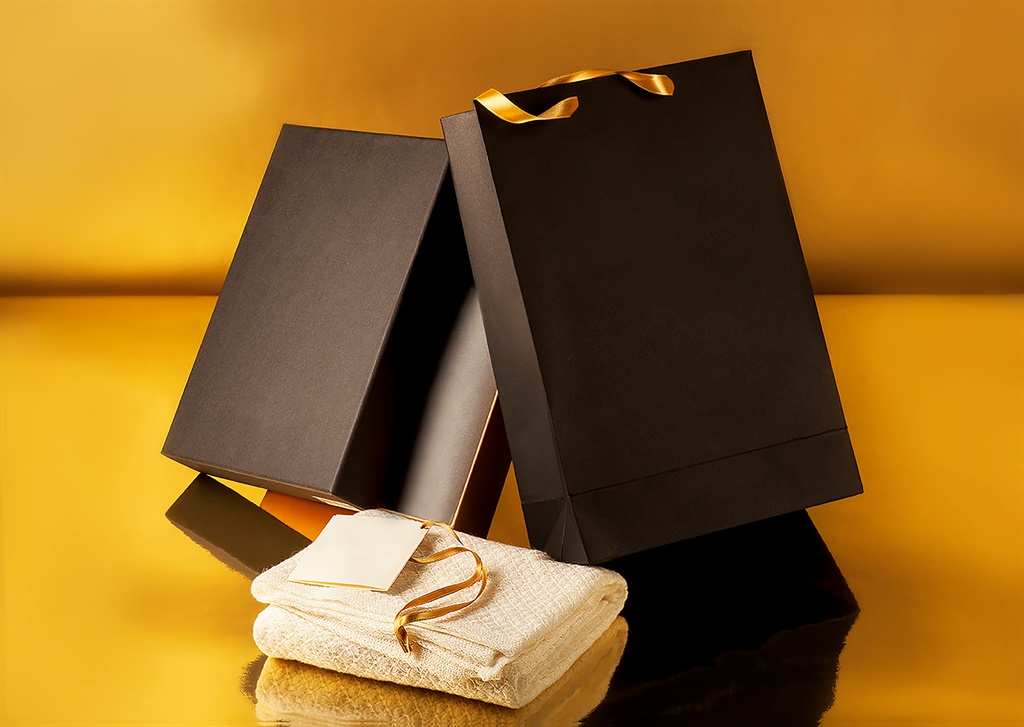
As newsrooms face increasing financial strain, journalists become more susceptible to wining, dining, goodie bags and bribes. Grethe Kemp looks at the minefield that is entertainment and lifestyle journalism.
Unlike the parliamentary sessions or political interviews our hard news counterparts cover, lifestyle and entertainment journalists attend events that come with goodie bags at the end.
A goodie bag is a thank you to the journalist for taking the time to come out to cover a TV channel’s new show announcement, a film screening, a restaurant launch, or a brand unveiling. It’s also a bribe.
It might not be a brown envelope of hard cash, but its intention is clear. It says: “We’ve treated you well and given you these awesome goodies, would you do us a solid and write something nice about us in the paper?”
Most newsrooms don’t allow journalists to keep the more ostentatious gift bags they receive at events, but apart from the goodie bag there’s also the wining and the dining. Public relations (PR) people know that if we walk away from an event feeling pampered, we might give them a few lines of positive editorial.
Instead of taking out an advert, which might come to hundreds of thousands of rands, a brand can spend a few thousand on a single journalist and ensure a glowing article. And since readers tend to skim past adverts while lingering on articles, it’s fair to say that it’s not a bad strategy.
But as Thinus Ferreira describes in "Inside the ugliest secret of covering SA showbiz", some journalists completely lose their heads and not only forget about journalistic ethics and integrity, but also start demanding Moët & Chandon as soon as they walk through the door.
That said, if you give an event a negative review, you run the risk of being taken off the media lists that get you invited to sumptuous dinners, lit parties or trips overseas. Ultimately, it’s up to editors to demand critical pieces and question overly glowing coverage.
When press trips go wrong
As rude and demanding as some journalists can be, PR companies also get it wrong sometimes.
One of our most popular articles last year was Phumlani S Langa’s “Festival chaos in Limpopo” (City Press, September 16 2018), in which he detailed how badly a press trip that he was invited to attend went.
The intrepid Khanya Comms invited a bunch of journalists to experience the travel and tourism options available in Limpopo, with the main event being the Limpopo Festival.
The trip culminated in a disaster when the PR consultancy firm failed to get any of the journalists media clearance for the festival, and freelancers had to phone their editors in a panic when they discovered they wouldn’t be able to cover the event they’d been commissioned to report on.
The cherry on the cake was when Khanya Comms took the press entourage to a restaurant for dinner and then couldn’t pay the bill, and the restaurant locked the journalists inside until someone paid up.
A bad romance
As reader circulation declines and budgets shrink, lifestyle sections have been forced to form sometimes unhealthy relationships with PR agencies to get their entertainment journalists to events. A managing editor breathes a sigh of relief when a big alcohol brand offers to fly a journalist to, say, Cape Town for the big races, since it’s one less expense on the newsroom’s books.
But this also creates expectations from brands in terms of coverage and it’s sometimes a maze for journalists to navigate.
To be fair, most PR people "get it", they're respectful of journalistic integrity and undemanding when it comes to coverage. They're also fighting their own battles in curbing their client's unrealistic publicity expectations.
Others, not so much. In fact, I've heard many a rumour of full-out bribery in return for coverage. There are many big-name entertainment journalists who can also tell you stories about their being offered cash for punting certain brands or celebrities. And sadly there are many who don’t think twice about taking the money.
Rub my back and I’ll rub yours
#Trending is transparent and impartial because we don’t rely on trade exchanges to continue to exist. Unfortunately, this isn’t the case for many publications.
Some community magazines have a model based entirely on selling ads, and rely on the freebees and invitations from brands.
This has meant that some people are confused about exactly what an entertainment journalist does, and we saw this play out in a recent altercation between #Trending and the producer of a local film released last year.
Our reporter went out and covered said film, and found that it was terrible. Naturally, we said so in our review. A few days after publication the producer phoned us, furious that we had slated his film. He not only used expletives, but threatened violence.
“You’re there to give exposure to the movie, not tell people not to watch it!” he fumed. The misunderstood entertainment journalists to be vehicles for exposure and confused us with a PR firm.
As journalistic ethics come increasingly under scrutiny, we must start being more open about the mechanics of our industry.
If publications want to serve their readers and remain faithful to journalistic principles, it’s vital to be transparent about any strings that may be attached to the stories we’re writing.
Our strings at #Trending are that we write critically and if you don’t like that, don’t invite us.




 Publications
Publications
 Partners
Partners









